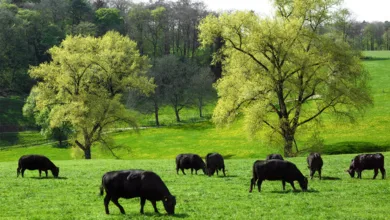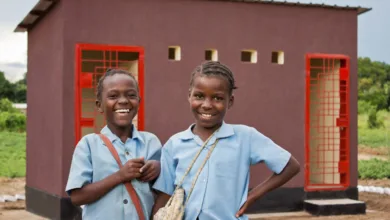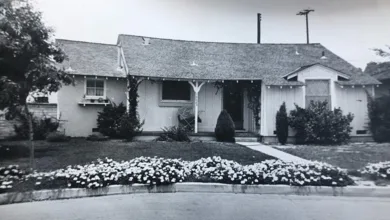Jane Goodall, Pioneering Chimpanzee Researcher, Dies at 91
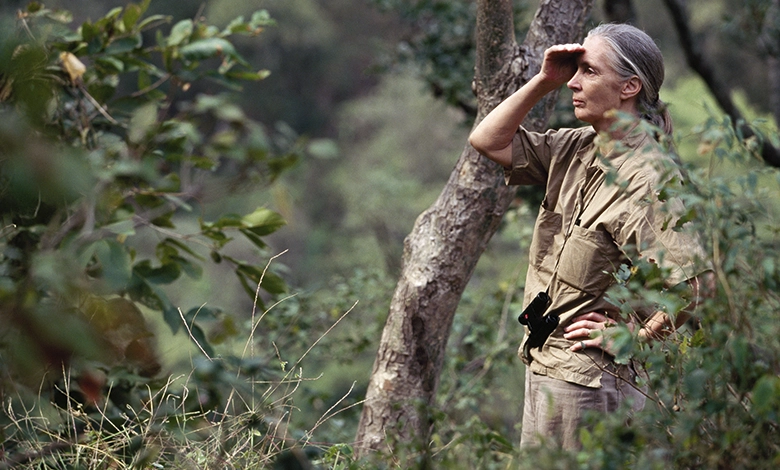
Originally by Jessica Waller.
The world has lost one of its greatest champions for wildlife conservation and animal welfare. Dr. Jane Goodall, the pioneering primatologist whose groundbreaking chimpanzee research revolutionized our understanding of animal behavior and cognition, died Wednesday, October 1, 2025, at age 91. She passed away peacefully while on a speaking tour in California—doing what she loved most: sharing her message of hope and environmental stewardship.
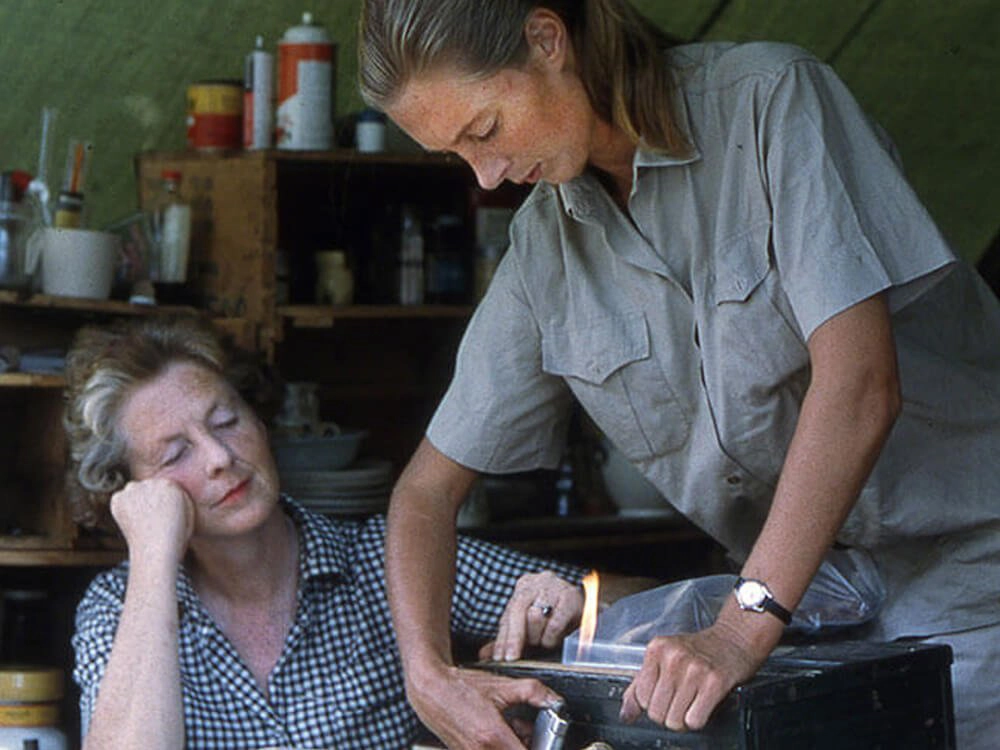
Jane Goodall’s early life and path to primatology
What we need the most right now in our modern world is compassion, hard work, and hope. Jane Goodall embodied these qualities throughout her remarkable 91-year life.
Born Valerie Jane Morris-Goodall on April 3, 1934, in London, England, Goodall demonstrated scientific curiosity from her earliest childhood. Even in the earliest stages of childhood, she had the boundless spirit of inquiry and patience of a natural-born scientist mixed with the compassion and empathy of a humanitarian.
One of Goodall’s earliest memories, from when she was four years old, is of being so enraptured with how a chicken lays an egg at a farm near her home she lost all track of time, waiting long past dusk to witness the miracle of life.
Jane’s mother Margaret “Vanne” Joseph, however, had called the police: Her child had been missing all day. But when Margaret Joseph learned Jane’s absence was due to her enchantment with nature, she beamed with pride at her daughter’s quest for knowledge instead of punishing Jane for her absent-mindedness.
“A different mother might have crushed that early scientific curiosity,” Goodall once said. “That moment with the hen was really, really pivotal in my life.”
Margaret Joseph would become an essential champion of Jane’s scientific achievements throughout her life, even joining her daughter in Tanzania in 1960 when Jane began her chimpanzee research at Gombe Stream National Park.
Groundbreaking chimpanzee research at Gombe Stream
Goodall reflected on the chicken coop memory often in her speeches delivered around the world. Until the COVID-19 pandemic, she travelled more than 300 days a year, educating audiences and emphasizing the great thesis of her life’s work: the importance of encouraging scientific curiosity in young minds.
Her remarkable journey—from a curious four-year-old watching chickens to a global icon for primate conservation—was celebrated in exhibitions like “Becoming Jane” at the Perot Museum, which introduced countless young minds to her life’s work and message of environmental hope.
Goodall is known worldwide for her discovery of remarkable similarities between humans and chimpanzees. Her research revealed that apes use tools, engage in complex social behaviors, fight, and care for each other in strikingly human ways—discoveries that fundamentally changed scientific understanding of animal intelligence and cognition.
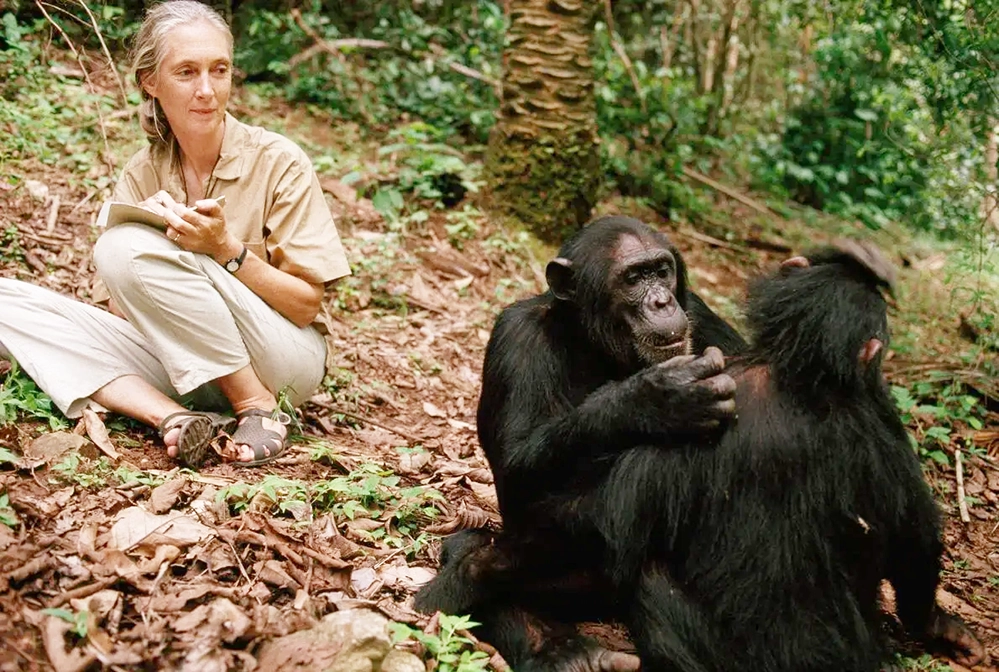
Breaking barriers as a female scientist in the 1960s
But what is less-often known is her dedication, compassion, and fearlessness in a time when women were not allowed to do such things—particularly conduct solo field research with dangerous wild animals in remote African locations.
In fact, Goodall was simply reaching out to her mentor, Louis Leakey, a renowned Kenyan paleoanthropologist and archaeologist, for a conversation about field discoveries when they were first introduced in 1957. This meeting would change the course of primatology and conservation science.
Soon after speaking with Goodall, Leakey saw her passion for knowledge as an opportunity to place someone in the field to study wild chimpanzees in Tanzania—a revolutionary approach to primate research that would yield unprecedented insights into animal behavior.
Leakey initially hired Goodall as a secretary to assess her commitment and work ethic. Goodall far exceeded expectations and shattered all previous scientific perceptions of chimpanzees and primate intelligence. She excelled in her work with the Kasakela chimpanzee community in Gombe Stream National Park, studying there for more than 60 years—the longest-running wild chimpanzee study in history.
Revolutionary discoveries about chimpanzee tool use and social behavior
Goodall broke new ground in scientific discoveries of what animals are capable of, most notably regarding their complex relationships, social hierarchies, and tool-making abilities—observations that challenged the very definition of what it means to be human.
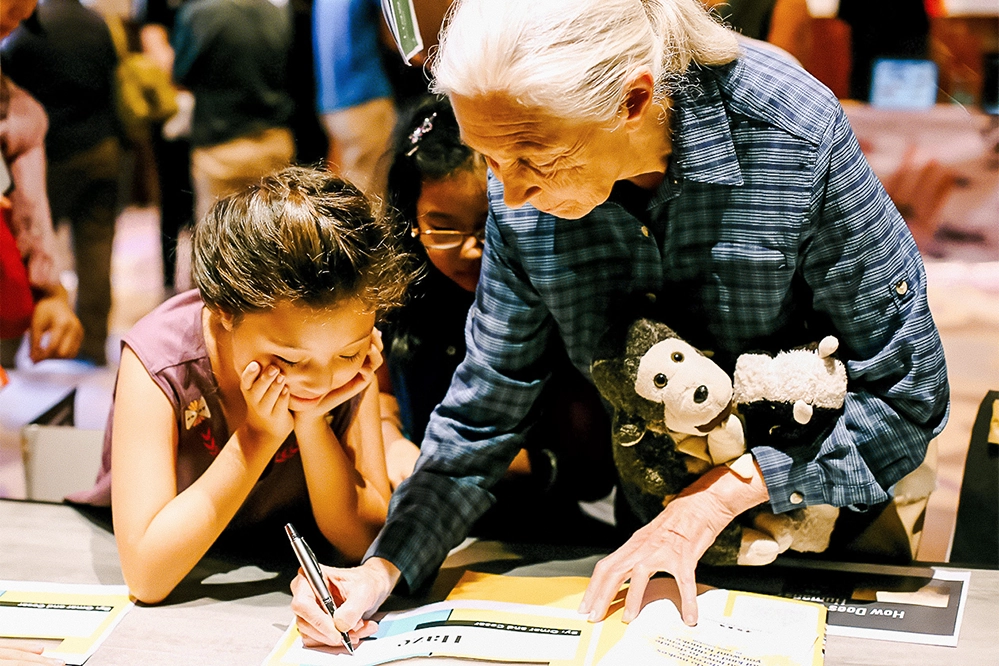
Jane Goodall’s Roots & Shoots Youth Environmental program
In her later years, she emerged as a powerful voice for youth environmental education and activism, blazing a new trail for the next generation of conservationists.
Her project “Roots & Shoots,” founded in 1991, continues to challenge young people around the world to start or join projects bettering their communities by helping people, animals, or the environment. This youth empowerment program stands as one of her most enduring legacies, with chapters in nearly 60 countries and involving hundreds of thousands of young people in environmental action and community service.
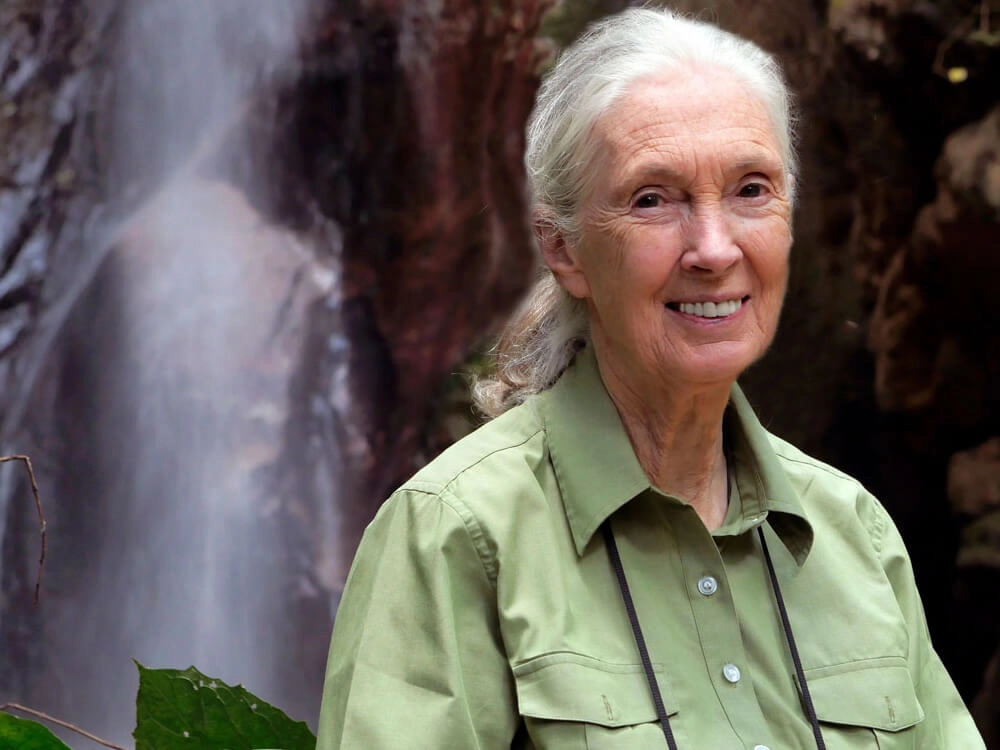
Jane Goodall’s environmental legacy and impact on conservation science
Today, with children spending more time indoors than ever before, Goodall’s humanitarian efforts and her message of hope remain more essential than ever. As she so often emphasized throughout her decades of environmental advocacy, “It is paramount in this new age for future generations to understand the deep connection between humans, animals, and the environment.”
That message—one of hope, compassion, and environmental responsibility—will continue to inspire generations to come. Dr. Jane Goodall showed us not only what it means to be human through her chimpanzee research, but what it means to be humane through her lifetime of conservation work and youth empowerment.
Dr. Jane Goodall (1934-2025) was a British primatologist, ethologist, anthropologist, and UN Messenger of Peace. She founded the Jane Goodall Institute in 1977 and received the Presidential Medal of Freedom from President Joe Biden in January 2025. Her groundbreaking research at Gombe Stream National Park transformed scientific understanding of chimpanzee behavior, tool use, and social structures, fundamentally changing how we view animal intelligence and the relationship between humans and other primates.
 Jessica Waller is a freelance writer for several publications, musician, artist, and mother of two.
Jessica Waller is a freelance writer for several publications, musician, artist, and mother of two.



